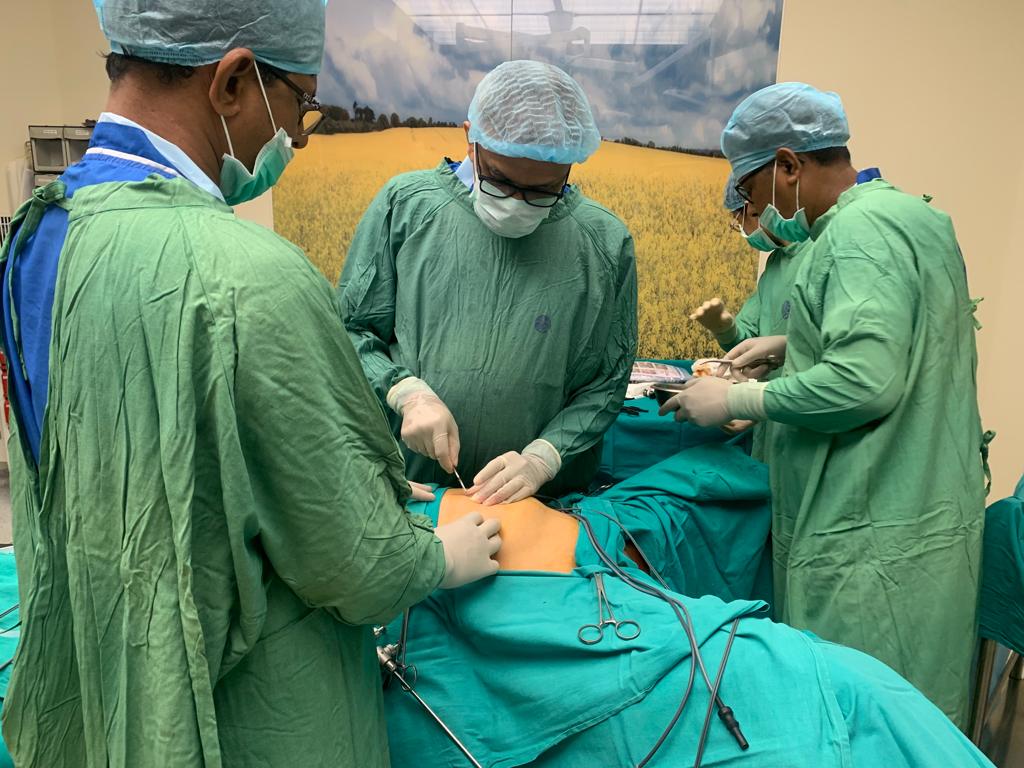
Everything You Must Know About Endometriosis in Adolescence
Even though women are usually diagnosed with endometriosis in their late 30s and early 40s, symptoms start appearing during adolescence. Early detection can slow the overall progression of the condition.
Endometriosis could be defined as a medical condition where tissues bearing a close resemblance to the uterine lining grows in other places instead of the uterus. The tissues may grow on the fallopian tubes, ovaries, bowel, and pelvis.
The following write-up will allow you to know about endometriosis in teenagers. Please check it out without any delay.
Can Teens Have Endometriosis?
The best gynaecologist in Kolkata said around 15% of females aged 14-44 suffer from endometriosis.
Pelvic pain is the most defining symptom of endometriosis. But this pain cannot be identified easily. Doctors generally do not evaluate adolescents with painful periods and bad cramps for endometriosis.
As per a research conducted in 2020, experts analysed thousand teenagers suffering from pelvic pain. 65% of the participants were diagnosed with endometriosis. So, teens with pelvic pain has a high chance of having endometriosis.
Since endometriosis progresses slowly, receiving treatment early can stop it from worsening. According to studies, two-thirds of women diagnosed with the condition started experiencing symptoms when they were adolescents. But unfortunately, doctors ignored their symptoms.
Symptoms of Endometriosis in Adolescents
- Pelvic pain
- Irregular periods
- Intolerable crams
- Heavy bleeding during menstruation
- Spotting
- Pain during bowel movements and urination
- Digestive issues like constipation, diarrhoea, and nausea
Treatment for Endometriosis in Adolescents
There is still no cure for the condition but a wide range of available treatments can manage the symptoms.
The best gynaecologist in Kolkata recommends birth control pills so that your teen’s periods become lighter, less painful, and shorter. They also prescribe over-the-counter medications such as naproxen (Aleve), ibuprofen (Advil), and acetaminophen (Tylenol) to eliminate the pain of endometriosis.
If a teen has severe symptoms, a doctor will recommend laparoscopy. In this minimally invasive procedure, the doctor inserts an instrument in the patient’s abdomen through a tiny incision. They then find out and extract the patches of endometriosis. The patient has to go through hormonal treatment to prevent the development of new patches.
Bottom Line
Please be aware and get in touch with doctor if your teen thinks they have endometriosis or are suffering from painful cramps. Getting a diagnosis immediately can help you manage the condition in seamless manner.